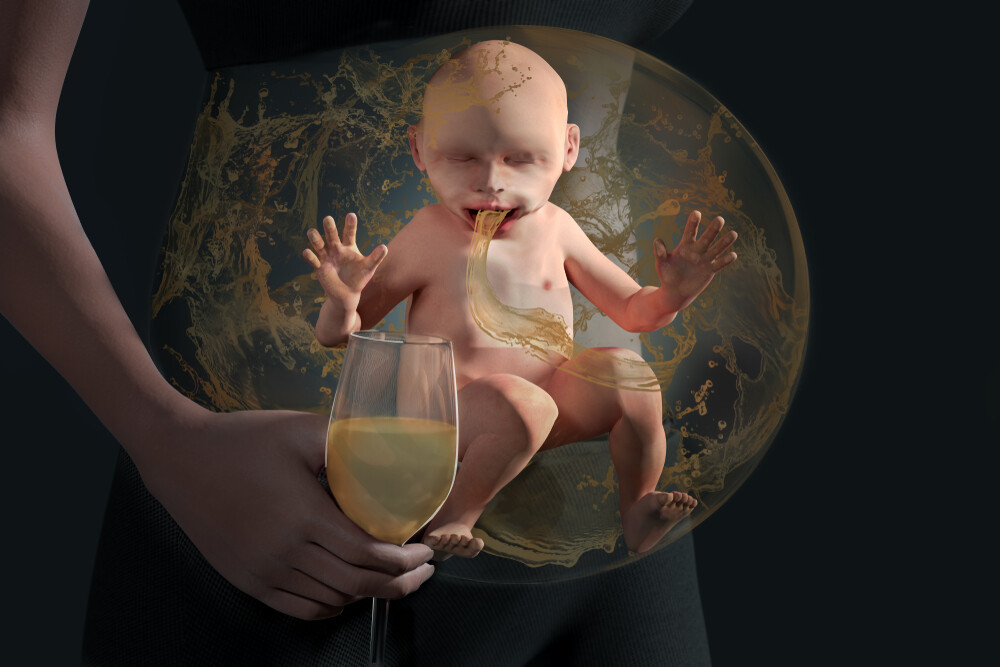A new study shows that the allergy risk in babies tends to decrease if the woman eats special allergens during pregnancy.
Allergies are on the increase – not only among adults, but also among children. According to the Federal Association of Consumer Advice Centres, almost every third child suffers from at least one allergy.
How can the risk of allergies be reduced?
Many parents-to-be ask themselves this question, especially if they are already allergic themselves. Until a few years ago, pregnant women were advised to avoid typical allergens in their food. For example, no nuts, chicken egg or cow’s milk. But this recommendation no longer applies – on the contrary.
Several studies have shown that it does not benefit children if their mothers avoid allergens – including a new study by the Children’s Hospital in Boston. The researchers had given two groups of mice different foods to eat. One group was given allergens such as peanuts or eggs. The other completely allergen-free food.
The results showed that the mice that received allergens had developed immunoglobulins in their blood that protect against an allergic reaction. And they had transferred these antibodies to their offspring, who were thus better equipped to fight allergies. The effect was even greater if the mice were fed the allergen food while they were nursing.
What does that mean for pregnant women?
Experiments like this show that pregnant women can relax when they eat, according to study leader Asa Ohsaki. According to the current state of research, women protect their children best if they eat as varied a diet as possible – and also food containing allergens. So always bring on ice cream and peanut butter!
However, this is of course no guarantee that the child will remain allergy-free. Many other factors play a role here – environmental influences, for example, or whether the child is breastfed or not. Experts recommend that children drink breast milk for four months if possible.

